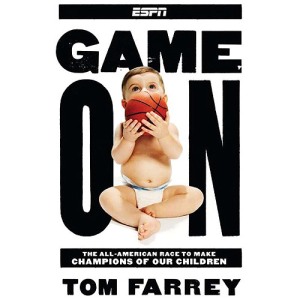
I almost never purchase books when they first come out – mainly because I’m cheap, but also because I have so many other things on my shelf to read that I figure by the time I get around to actually reading a book I buy, I could have bought it cheaper anyway.
Such is the case with the 2012 book by Jay Pathak and Dave Runyon titled The Art of Neighboring. I don’t remember when exactly I discovered this book, but I finally bought it last year (used on Amazon – I’m a total cheapskate) and finished it last week. I’m not one for hyperbole, but I think I can actually say that this is the most valuable ministry book I’ve read for several years. Nothing the authors say is particularly novel or earth-shattering, which is part of its brilliance. Their entire message is rooted in the very simple and fundamental question: What if Jesus meant that we should love our actual neighbors?
The problem is, the authors point out in the beginning of the book, that hardly anyone seems to even know their neighbors. They use the simple strategy of mapping out your house and the eight houses that are closest in proximity to your house, and ask the question how well do you know the people in those eight houses? Do you even know their names? Their families? Their jobs? Based on their experiences, the vast majority of people they’ve talked to can’t name their eight closes neighbors. Most of their message can be summed up in the simple statement: Get to know your neighbors!
The whole idea for this “neighboring” movement was born in Denver, Colorado where several local pastors were told by their mayor that most of the social ills of their community could be addressed if people simply learned to be good neighbors. This realization prompted this group of pastors to work together and encourage their various churches to begin to intentionally get to know their neighbors. The whole concept sounds so obvious that it seems a shame that such a book is necessary. But it’s true. We’ve simply lost the ability to be good neighbors.
Our family has charted a similar path over the past 5 years to get know our neighbors, and we serve as a personal testimony for exactly the point this book sets out to make. Too many Christians are too caught up in the bubbles of their church world that they often miss what is going on right under their noses. I grew up in the country, so this whole neighborhood thing has taken me awhile to get used to. I remember how strange it seemed to me when we bought our first house that my bedroom was less than 100 feet from my neighbor’s bedroom. We slept less than 100 feet away from each other, but knew almost nothing about each other!
Pathak and Runyon make a compelling case for why we should get to know our neighbors (which is the easy part!), but then they provide plenty of firsthand examples of how rewarding and fulfilling it can be. Additionally, they talk from their firsthand experiences of some of the challenges that opening your lives up to your neighbors brings. The book is packed with practical pieces: group discussion questions, block party kits, and even more on their website.
The book moves from making the case that anyone and everyone can master the art of neighboring to some of the more pressing issues that come up once you begin the process. I am glad that the very first thing they address in this section has to do with motivation. Our motives in being a good neighbor can never be to convert people. I hate it when someone calls me on the phone and is especially nice to me, only to find that their real motive is to sell me something. It drives me crazy. Christians are never called to be a good neighbor so that we can sneak the Gospel in there somewhere. We are good neighbors because we are Christians. And if we are Christians, eventually it’s going to come out, and eventually it’s going to make an impact. But that is not our motivation. Unfortunately, some of the rudest sales calls I’ve had at the church office has come from Christian companies trying to sell the church things – it’s almost like it’s in our blood.
The authors are also quick to speak to the Pollyanna tendency that can come from our attempts at being a good neighbor. Once we become more intentional in our relationships with our neighbors, it is inevitable that conflict and challenges will arise. Pathak and Runyon share firsthand stories that help reinforce the need for boundaries and the distinction between being all things to all people and being everything to everybody.
I don’t know that I’ve done a very good job of summarizing the book itself, but would encourage you to pick it up and read it yourself. I share in their sentiment that if churches would begin to preach this message and equip and encourage their people to root their ministry in their own particular neighborhoods, we would, indeed, change the world. If you are looking for a ministry book to encourage you, challenge you, and give you a new way to approach your local ministry, I believe you will be hard-pressed to find a better one than The Art of Neighboring. In some ways I wish I would have read it sooner, but better later (and cheaper!) than never. Read this book if you are looking for a practical and meaningful way you can put your faith into action and be led on an incredible journey.
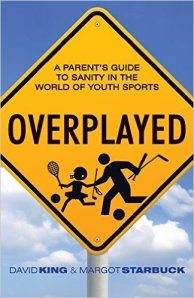
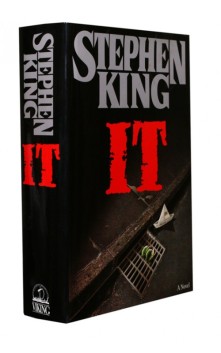


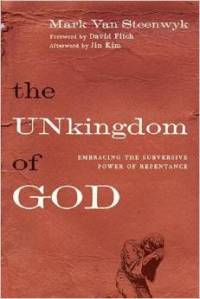

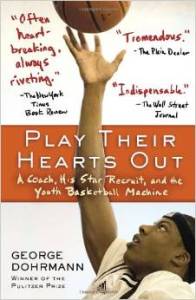
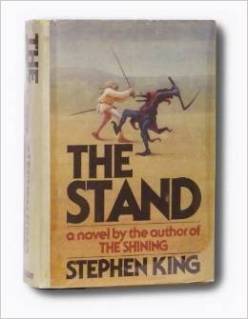

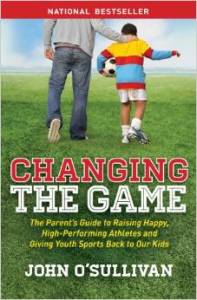
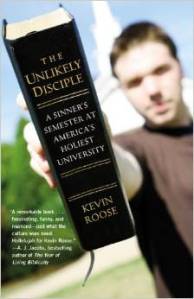
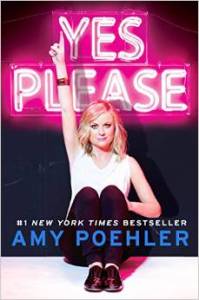
 Recently I received the new book
Recently I received the new book 